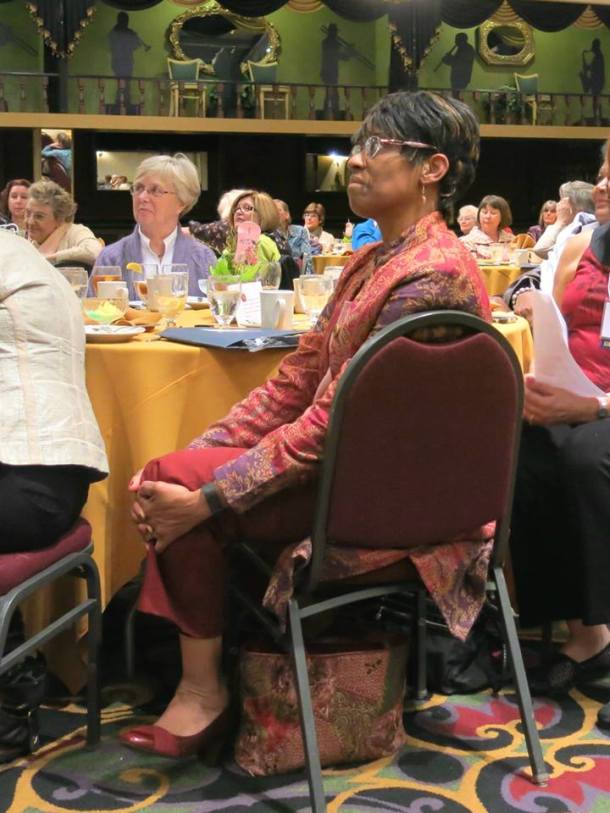22 And the scribes who came down from Jerusalem said, “He has Beelzebul, and by the ruler of the demons he casts out demons.” 23 And he called them to him, and spoke to them in parables, “How can Satan cast out Satan? 24 If a kingdom is divided against itself, that kingdom cannot stand. 25 And if a house is divided against itself, that house will not be able to stand. 26 And if Satan has risen up against himself and is divided, he cannot stand, but his end has come. 27 But no one can enter a strong man’s house and plunder his property without first tying up the strong man; then indeed the house can be plundered.
28 “Truly I tell you, people will be forgiven for their sins and whatever blasphemies they utter; 29 but whoever blasphemes against the Holy Spirit can never have forgiveness, but is guilty of an eternal sin”— 30 for they had said, “He has an unclean spirit.”
Most of us do things of which we aren’t proud. Some of us do things from which there seems no way back: things that prey on our mind and haunt our conscience, so that we’re never quite at peace again.
How powerful, then, and even terrifying, are Jesus’s words about something that can never be forgiven. Particularly, I suspect, to people like us in a caring and inclusive church. There are plenty of churches attached to the notion that very little can be forgiven, but we talk of love and acceptance; too much so, perhaps. Are there really things that can’t ever be forgiven?
If so: what can’t be forgiven? And what can?
Today’s scripture passage tells of professional, seminary-trained Bible teachers, who are angry with Jesus. He acts as someone who has religious authority, but he hadn’t been licensed or ordained. He treats the Bible with respect but also with a sort of sovereign freedom. He takes on hallowed passages of scripture and downgrades them, as if he knows better. “You have heard that it was said, ‘You shall love your neighbor and hate your enemy.’ But I say to you, Love your enemies and pray for those who persecute you…” He heals on the Sabbath, the day of rest from all deeds, even some good ones, and, when challenged, observes that the Sabbath was made for humans, not the other way round.
It’s hard for this seminary-trained university professor not to sympathize with the angry Bible teachers. Universities and seminaries emphasize expertise and knowledge, and stand opposed to those who think that their lightest thought merits attention and obedience. Such as those self-taught enthusiasts who start their own churches, many of whom are about as competent and as dangerous as surgeons who haven’t been to medical school.
No wonder, then, that Jesus, a carpenter from backwoods Nazareth, scandalized religious experts, by acting as if he knew better than they did.
The problem was that he did. What the huffing and puffing holy men missed about Jesus was that he was a force for good. He healed people. He changed lives. They were so appalled by his lack of qualifications, and probably so jealous of his popularity, that they couldn’t see that he was one of those few, those very few people, for whom ordinary rules don’t count.
The best-selling English-speaking historian of the twentieth century was Winston Churchill, though he’s better known for other things. He didn’t go to university and was entirely self-taught. His books sold in millions. He over-romanticized the history of the English-speaking people, but, boy, could he tell a tale and bring the past vividly to life. The composer Edward Elgar never went to music college. Instead, as a boy, he took himself down to the banks of the River Severn, with scores of Brahms 3rd Symphony and Dvorak’s 7th tucked under his arms, and there he pondered them. Whatever one thinks of Elgar’s music, and it touches my soul deeply, he was an orchestrator of genius. To prodigies like Churchill and Elgar, the rules don’t apply. The rest of us need a bit more help.
By their fruit, you know that they are a class apart. Churchill’s words and Elgar’s music speak to their genius.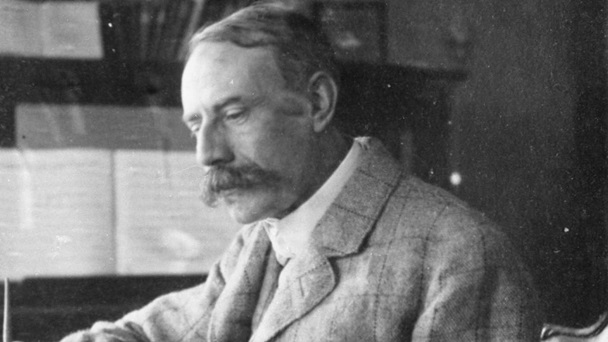
Bible scholars of his day looked at what Jesus was doing, and spluttered: “But, but, he didn’t take that class, no one has authorized him to do these things’. Meanwhile, Jesus went about, doing good, being a genius. By his fruit, you can see that he’s a class apart. But the experts of his day couldn’t, blinded, as they were, by their anger and jealousy.
These scholars couldn’t deny that Jesus healed, so they took the path of saying that he was Satan’s servant, not God’s. By the power of the Prince of Demons, they accused, Jesus accomplished his deeds. Jesus mocked them. Evil, he said, can’t endure if it starts doing good, just as a kingdom, divided against itself, cannot stand. God does what he does: goodness. Satan does what he does: wicked things.
The Bible scholars couldn’t or wouldn’t see goodness for what it is. They were so caught up on the fact that Jesus isn’t one of us, seminary-trained and thereby fit for purpose.
The unforgivable thing is to look at good, and call it evil. Or to look at evil, and call it good. In the present climate of fake news, we do well to hear these words. If you can’t tell the difference, God help you, and, even more, all of us who have to deal with you.
It’s not that hard to value expertise, yet to know that sometimes, not often but very occasionally, it comes in unusual and unauthorized ways. You just look at the evidence. In the case of Jesus, transformed lives tell their own story of goodness: the blind could see; notorious sinners were doing decent things. The fact that Bible experts couldn’t and wouldn’t accept that shows us that guarding their privileges was more important to them than the truth; their self-esteem took priority over hope and healing.
So the unforgivable sin is to confuse good and evil, often because you make it all about you.
We liberal Christians sometimes play down the justice of God. Yet all humans are called to account for what we do and, if we foolishly take God for granted, and assume she’ll forgive us all manner of wickedness and vice, we’re liable to pay a price for our folly.
Even so, the problem lies more with human pride and folly than with God’s unwillingness to show mercy. Trouble is, many people can’t tell, don’t know, can’t admit to, the evil within them.
If we don’t know that we need to be forgiven, we can’t be. Forgiveness, after all, is something that has to asked for. In Agatha Christie’s classic story of ten people trapped on an island, all responsible for another’s death, and all dead by story’s end, one of the characters is an elderly woman who had indignantly fired her unmarried, pregnant servant, who then committed suicide. The old woman couldn’t see that she’d done wrong. She was okay with, even proud of, what she’d done. Her narrow and legalistic view of religion blinded her to mercy, compassion, and generosity. She’s the most terrifying character in the story.
If we don’t know that we need to be forgiven, we can never change, and our self-righteousness will stand secure forever. We shall never be troubled by truth, never haunted by a desire to do and be better, never be aware that we too need mercy. We shall never grow into the people we could be, if we knew our need of grace.
If we do know our need of grace, then it’s a different matter. What, then, can be forgiven? Anything, if you know your need of healing.
Years ago, a university chaplain had to deal with the aftermath of a young man who had killed himself, by jumping from a third-floor room in a university residency hall. He was trapped into a medical degree that he didn’t want to do; his parents, who were physicians, had insisted that he follow in their footsteps. His bereaved mother said to that chaplain: ‘What a pity. We had such high hopes for him”. She can never be forgiven. Never.
A young man came to see the same chaplain, burdened with guilt. In the days when it was difficult to be anything other than straight, he was, sexually, a mess. He’d been in love and often in bed with his male best friend, while engaged to a young woman. He ended up hurting them both, mightily, and he didn’t know how to fix things. “What have I done?”, he said. “I can’t undo the pain I’ve caused others, dear to me”. Well, no, he couldn’t undo the damage he’d done. Can he be forgiven? Of course.
There is always the possibility, even the certainty, of God’s forgiveness. But you have to know your need of it. And you have to ask for it.

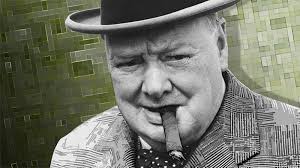
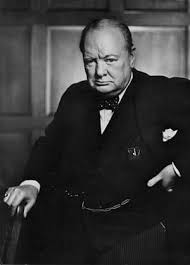
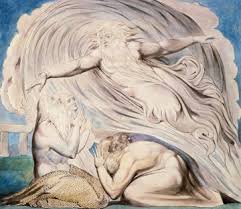
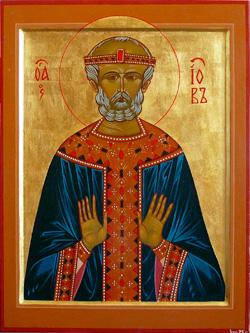
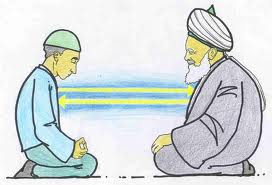
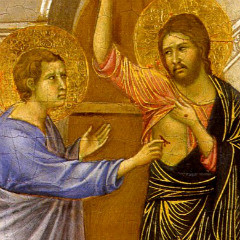
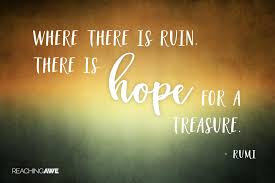

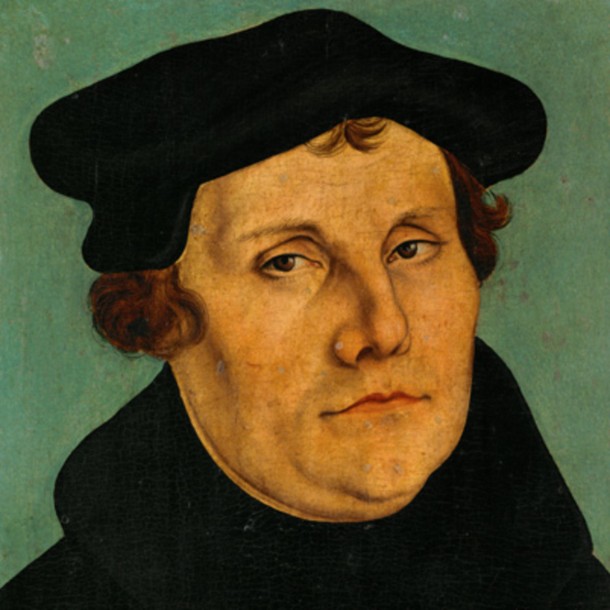
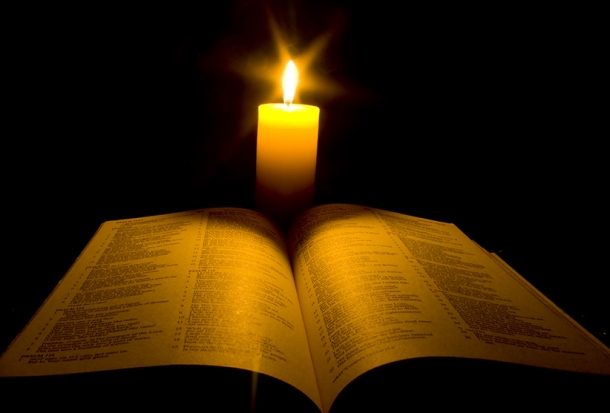
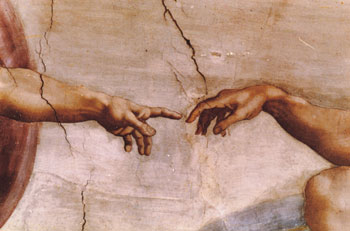
 To be sure, there was corruption and infighting, but that happened in the wider church where, for the most part, I didn’t see it. I experienced instead that a white English student and pastor, the follower of a long-ago Jewish rabbi, could be welcomed and made at home by Indians, whether Telegus, Bengalis, Punjabis or others. I gained the conviction that God has many favorites, and delighted in the friendship, not just of Christians but also of: a Parsi poet; a Jewish educator; a Sikh holy woman; a Muslim imam; a Hindu skeptic. I never wanted to demonize them. I quickly realized that God loved them and had much to teach me through them.
To be sure, there was corruption and infighting, but that happened in the wider church where, for the most part, I didn’t see it. I experienced instead that a white English student and pastor, the follower of a long-ago Jewish rabbi, could be welcomed and made at home by Indians, whether Telegus, Bengalis, Punjabis or others. I gained the conviction that God has many favorites, and delighted in the friendship, not just of Christians but also of: a Parsi poet; a Jewish educator; a Sikh holy woman; a Muslim imam; a Hindu skeptic. I never wanted to demonize them. I quickly realized that God loved them and had much to teach me through them.
